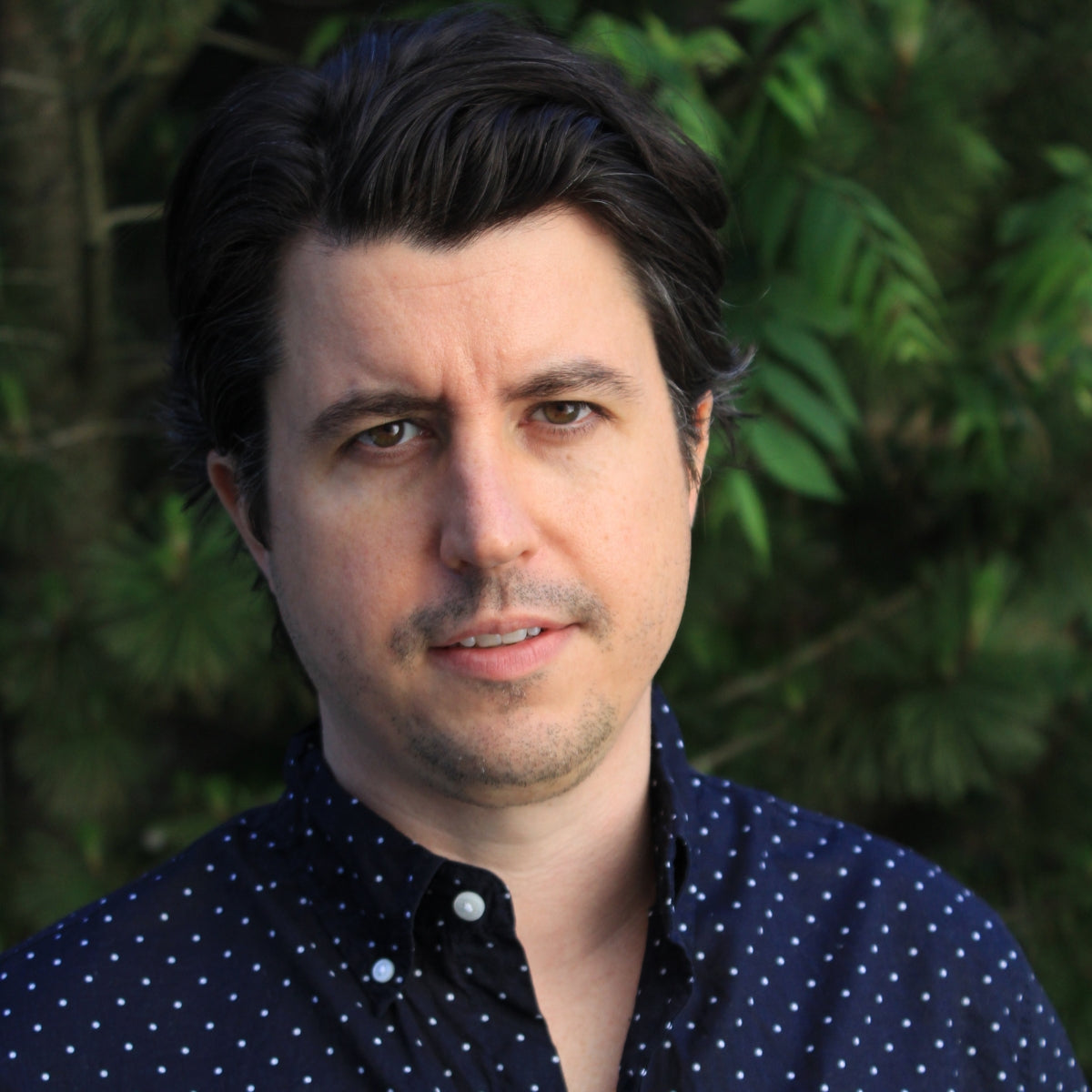Therefore, we shouldn’t be afraid of endings. Endings are beautiful. They don’t counter or negate creation; they affirm it. Endings weave the threads we pull from infinity back into its unending tapestry and, paradoxically, solidify us as co-creators of a glorious new future without end. It’s only when we fight this process that things conclude in ways opposite of what we expect.
For example, in the famous romantic poem “Ozymandias,” by Percy Bysshe Shelley, the titular character, Ozymandias, “King of Kings,” foolishly believes that his immense power will last forever. But in the future, only a decayed symbol of his bygone authority remains—not in celebration, but as a warning against his hubris and tyranny.
Lucky for me, Dark Matter Magazine was never going to end the way of Ozymandias, mostly because I yield no great power and thankfully never will. As a matter of fact, when I started the magazine three years ago, I wondered if anyone would even care. There are so many excellent short fiction publications out there. Why should anyone pay attention to this one? I still have no idea why so many readers and writers and artists jumped on board, but I’m forever grateful they did. Thanks to them, Dark Matter Magazine ends having published twenty-one issues (eighteen regular issues and three Halloween special issues), more than 180 stories, more than forty art features, and a number of interviews with industry greats. Two personal highlights for me: 1) many of the stories published in Dark Matter Magazine marked the author’s first pro sale, or first sale of any kind; and 2) twelve authors published in Dark Matter Magazine have since gone on to sign book deals with Dark Matter’s trade imprint, Dark Matter INK, including five of the authors in this issue (Eliane Boey, Drew Huff, Angela Liu, Steph Nelson, and Stephen S. Schreffler).
Despite the magazine’s run being over, the past three years will always exist as a dream come true for me. The joy of creating and editing my own science fiction magazine was an honor and a privilege, and one that I’ll never forget. Helping in a small way to create something that people enjoy is the best feeling in the world.
So, why end the magazine?
Well, there are three reasons.
The first reason is bandwidth. Starting in 2024, Dark Matter will focus exclusively on the aforementioned trade imprint (Dark Matter INK) and our growing audio division (Dark Matter Audiolab). The Dark Matter staff is the most talented and dedicated group of people I’ve ever worked with, but we’re still small in number, and in order to continue producing the quality readers have come to expect, I needed to streamline our business model and refresh our focus. The last thing I want is to overextend staff or fail to meet promises made to the readers and contributors that trust Dark Matter with their time, money, and hard work.
The second reason: it’s time to give others a chance. Like I said, creating something that people enjoy is the best feeling in the world, and I want others to know that feeling. For three years, I’ve been able to bring my editorial vision to life through Dark Matter Magazine, and honestly, that’s plenty. I talked with staff about having someone else take over Editor-in-Chief duties, but we decided that it’s best to let the magazine end and move on to new avenues for short fiction that we’re ready and willing to provide, including our line of Dark Matter Presents anthologies.
And the third reason for ending the magazine?
Simple. The melody demands it.
In this, the final issue of Dark Matter Magazine, nine stories and three poems explore the way things end, some like a song and others like a “colossal Wreck.”
In “Where the Robots Go” by Malena Salazar Maciá, we see how peaceful means can lead to violent ends when the entire system is a clever deceit. In “Factory Faerie” by Derrick Boden, the road to Hell is paved not with good intentions, but with secrecy, paranoia, and ill-fated machinations. What could possibly go wrong? In “Saturation” by Eliane Boey, the end of memory is an opportunity to begin again. But what is the value of a new beginning if we can’t remember what came before? In “These Luminous Cadavers” by Rich Larson, an astronaut transcends The End by becoming part of something greater than spacetime itself. In “I Am the Burning Bush” by Stephen S. Schreffler, time and space are once again transcended by the word on fire, but in order to spark a new flame, the old one must first die out. In “Decay Gospel” by Drew Huff, the inevitable can be delayed but not avoided, and only those that embrace this simple truth will have what it takes to survive the impending fallout. In “The Do-Over” by Steph Nelson, the inability to make peace with the past dooms a grieving parent to relive a tragic event forever, even into death. In “The Specimens of Red Hill,” author Angela Liu examines how opaque bureaucracy is the perfect front for tyranny. This is what Ozymandias got wrong. You can’t fall from power if you’re secretly pulling levers from the basement. In “Three Poems” by Jean-Paul L. Garnier, the end of Homo sapiens is just one microprocessor injection away. And finally, in this issue’s reprint story, “Harmony” by Andy Dudak, the end of the individual leads to the rise of the state, which, according to the state, is a good thing. Can all these happy people really be wrong? Tune in next issue to find—
Sincerely,
Rob Carroll
Editor-in-Chief
Copyright © 2023 Rob Carroll







